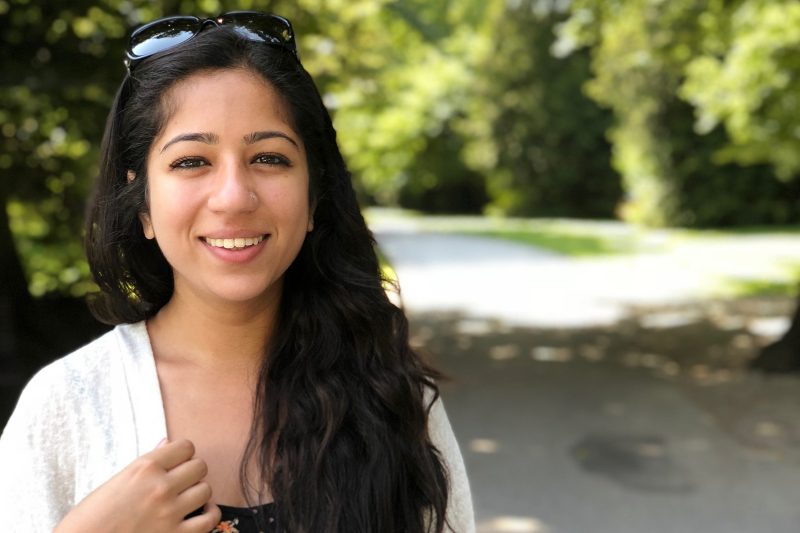In the spring of my first year, I joined Volunteers Around the World (VAW), an organization that took a group of twenty students to Cusco, Peru to set up mobile clinics for two weeks. As undergraduate students completely unqualified to practice medicine, we were trained to intake patients, take vitals, and fill prescriptions. The consultation aspect of treatment was left to professional Peruvian attendings that diagnosed and prescribed within the limitations of medications we were able to bring with us. Through this experience, I began to think that sporadic and unsustainable healthcare is simply not an acceptable form of healthcare. I grappled with this idea throughout the two weeks and began to question what healthcare should really comprise.
In this clinic, we had all the makings of “healthcare.” We had trained professionals, equipment, medications, and even interpreters. However, there was a disconnect between providing care and receiving it. The patients did not have a long-standing relationship with their healthcare providers. They did not speak the same native language, the doctors did not have access to a medical patient history, and the patients generally viewed western biomedicine differently than the students around them with perceived authority in their scrubs and name tags. What was medicine doing to bridge this gap? How do we ensure that vulnerable populations are empowered to understand their health and able to access proper care?
Health is inherently intersectional with every aspect of ourselves that make us human, not just the aspects that are biological or genetic. It does not at all exist in isolation from institutional and social structures that nurture us into the people we are. Almost every part of someone’s life factors into their health: the length of time someone is breast fed, whether they live in a food desert, whether they can access running water, whether they perform some form of physical activity in their daily lives, whether they smoke, whether their government funds medical research that is socially and culturally inclusive, and whether a paved road exists between them and the closest medical facility. Simply, health is political, and I did not digest what this meant until I joined VAW. After this trip, I learned about the Global Health Studies (GHS) program and realized that this program could help me work through so many of the discomforts and unanswered questions I left with.
Looking back on my trajectory at Yale, I never thought I would pursue global health, or later, join the School of Public Health. However, through opportunities afforded to me by this university, I was able to think critically about who I wanted to serve in the future and what skills I would need to appropriately do so. GHS has given me access to professors that are equally passionate about improving health outcomes and augmenting our understanding of them. I have taken powerful seminars that challenged my knowledge of health equity and humanitarianism. I have met peers doing such important research that they often feel more like mentors. Within this this small community, I have found a family that I hope to keep long after graduating Yale. I am sure the memories of these class discussions will come back to me even fifty years from now and shape how I move through the world every day.
To anyone considering applying, I will say this: give yourself the opportunity to drastically transform the way you think about health. Maybe your application will lead to one more person that works to improve the systems in which it exists.
